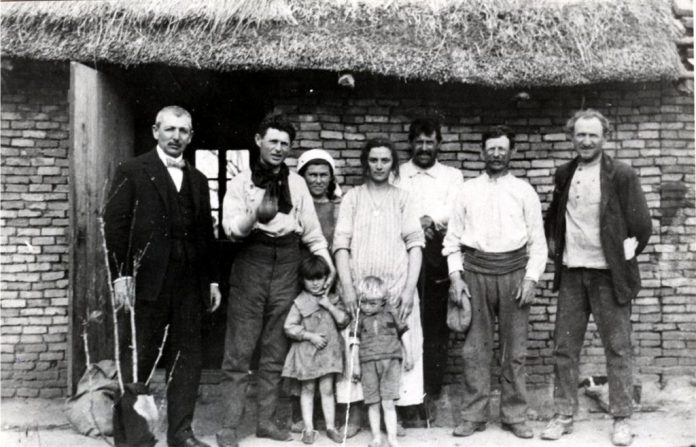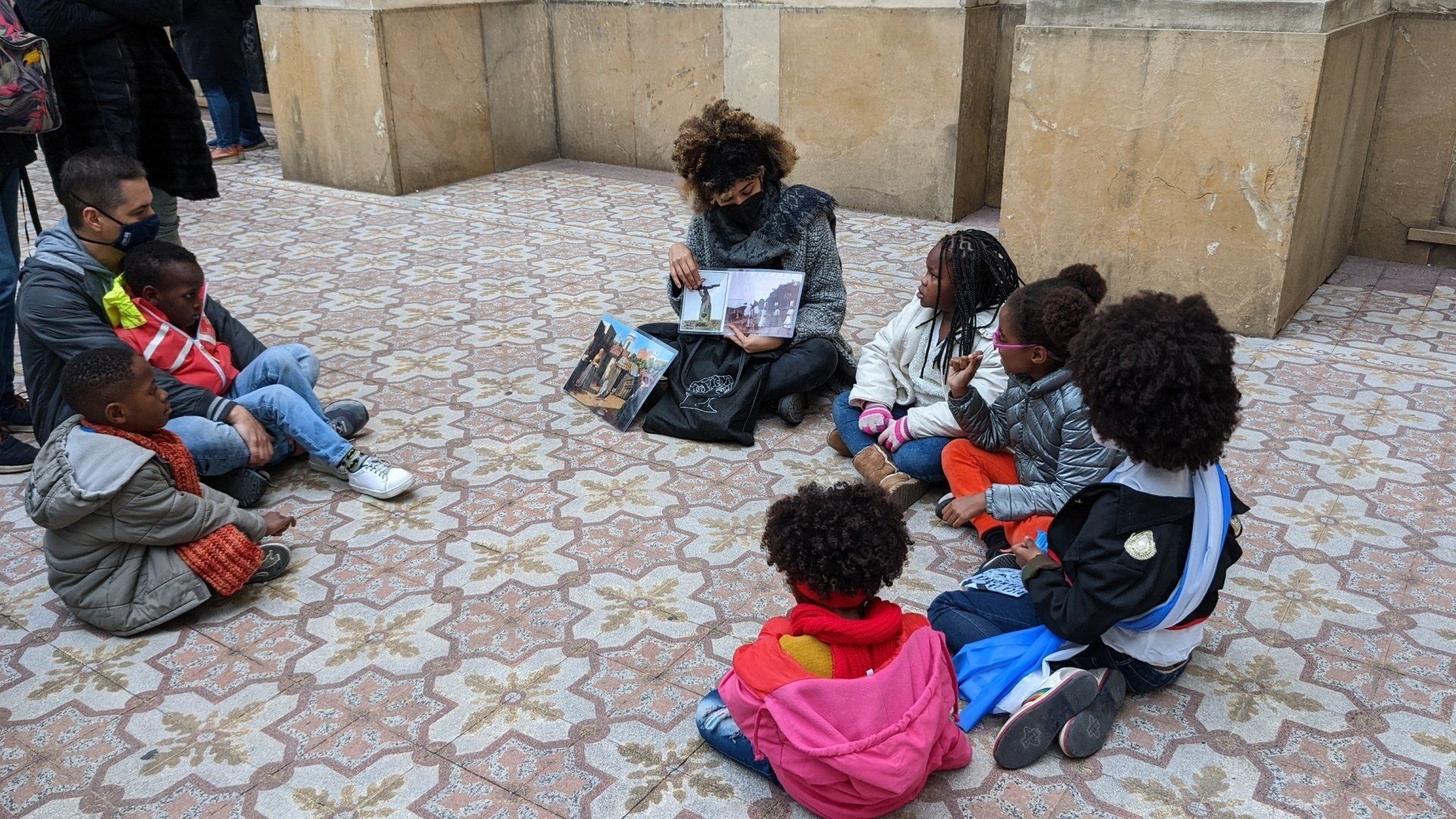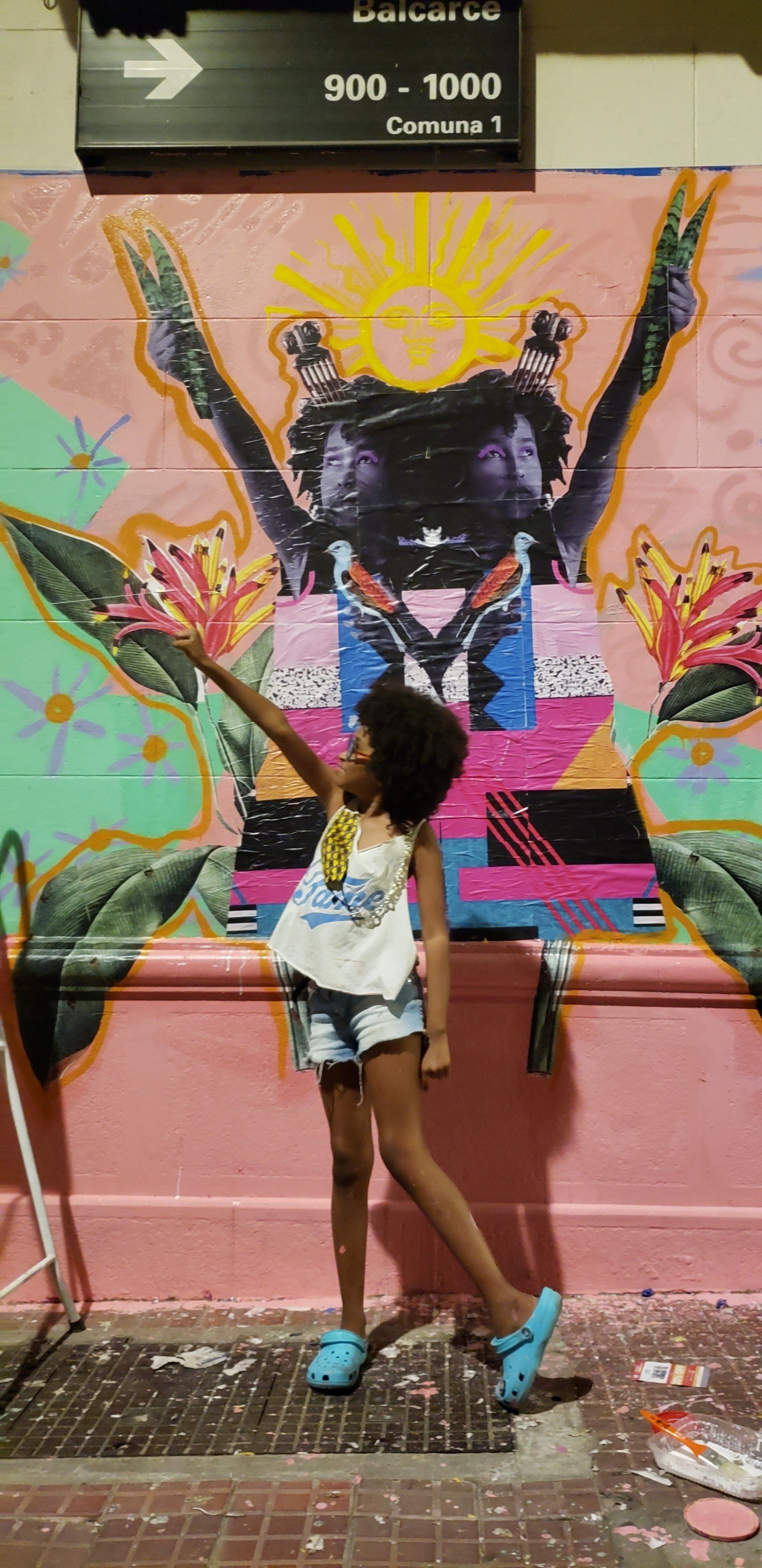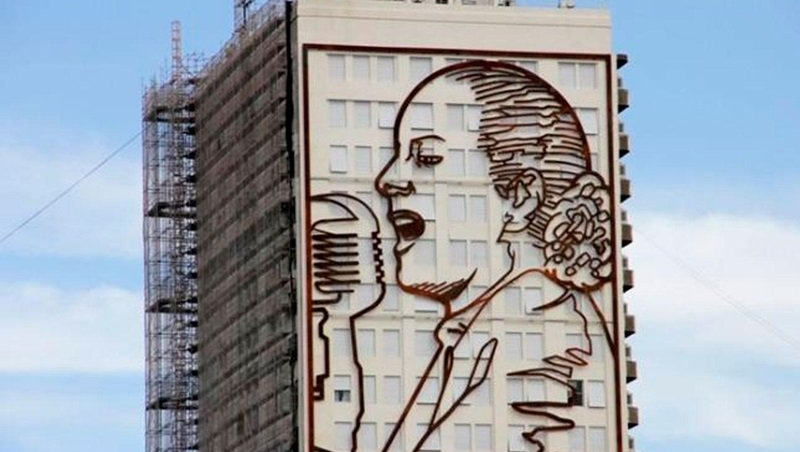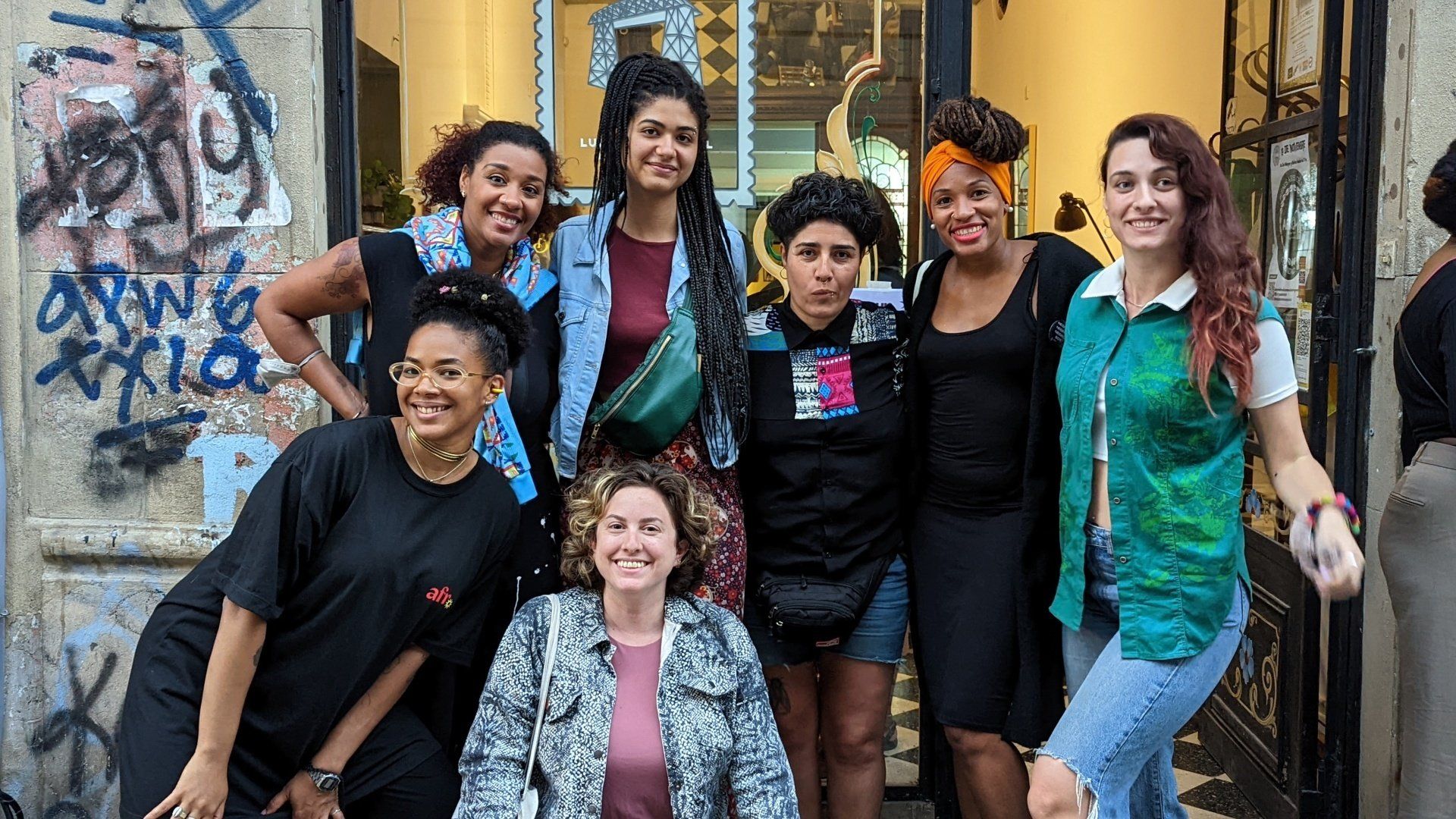Don’t take it as an insult, it’s just Argentina
Language is a way to show norms, and communicate values. It’s a way of expression, status, and policy that reveals the culture that’s lived in one’s homeland. On the Argentinian menu, language comes with a side of insults, jokes,
Lunfardo, and Argentinian history. Don’t assume the speaker’s intention too quickly, and even less if you are from a country with a let’s call it: more subtle -or literal- usage of wording.
⚠WARNING⚠ Some ways of expression might sound harsh but they are often not meant that way. On the contrary, it shows how history is carried along and still lived and spoken day-to-day, mouth-to-mouth among 45 million Argentinians, who are the makers of today’s Lunfardo, the local slang. Which is -indeed, a marvelously unique, and eccentric version of its own.
If it’s about the very complex humor that doesn’t only often entail one of the many slang or so-called Lunfardo words but also infinite history-rich anecdotes- including years and years of politics flowing into the subtle humor of an Argentine. Be it a pastry that’s named “Friar balls’ or “Nuns sigh” or a “Vigilant” - coined by the worker's movement, that they are eating in all
tranca
(chill) while sipping through a Mate’s
bombilla, professors quoting the Simpsons in their PowerPoints or a bunch of extremely funny memes digesting the daily life, joking about the president, football, or the seeming immortality of Mirta Legrand, the oldest host of the Argentine TV, who, believe it or not, is still at it at age 95 with the energy of a teen.

Apart from the witty side, that’s characteristic of Argentine speech, depending on which country you are coming from you might be a bit shocked by the amount and intensity of swear words Argentinians use in daily language. Let me tell you, even when an 80 years-old woman uses the words “Que hijos de puta!” (literally “Sons of a whore”), probably addressing the latest demonstration or the recent inflation that has taken place, it’s just the Argentinian style to express concerns and to have a normal, civil conversation. It’s not meant literally! Except when it is.
And while you are gazing at the gigantic, majestic legacy of the 18th, -19th-century, the historical buildings that will accompany you throughout walks in the beautiful, stunning streets of Buenos Aires, pay a little bit of attention to the form in which Argentines converse. You might have several encounters with the expression Che Boludo….and if you don’t know what that means by now let me enlighten you because surely this is the most typical way to start a sentence. Che = delicate call for attention (kind of like hey or yo!) and Boludo/Boluda = idiot. But not literally, of course. Except when it is.
Now, have a guess! Che Boludo,- indeed, is not meant to be offensive at all (for the most part), and it's just a way of getting one's attention. Argentines are just beautifully direct and they simply won’t measure their words. #Filterfree. So it comes as no surprise that when they call a bit more corpulent uncle or friend, they’ll call him just Vení gordo (Come over here fatty), not as an insult but as a matter of fact. It’s a unique way of showing affection for that person and not used as an insult at all, once again. Except, of course… when it is!
Here’s another one: a very charming and kind of cheesy way Argentinians show you their appreciation and affection is when they thank you or answer you by calling you Reina or Rey which means Queen or King- now isn’t that a nice way to be treated?
So now that you’re more confused about language than when we first got started, I wish you enjoy your stay in Buenos Aires and its daily doses of authentic, vibrant, porteño culture, that “si o si” you will get to experience because porteños are so talkative, there’s no way of not overhearing them!


